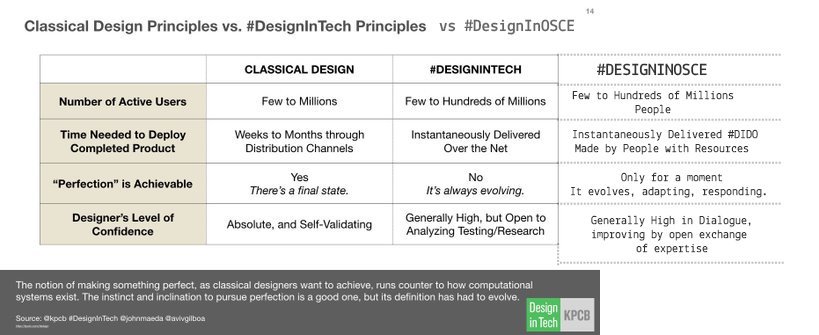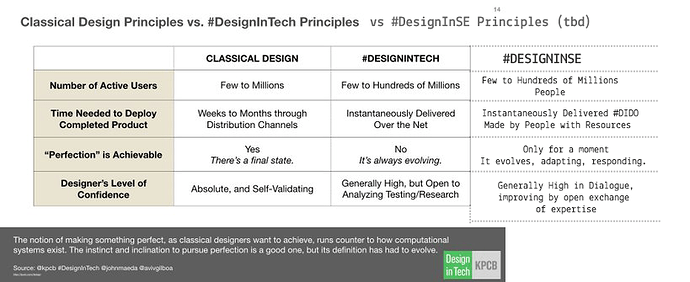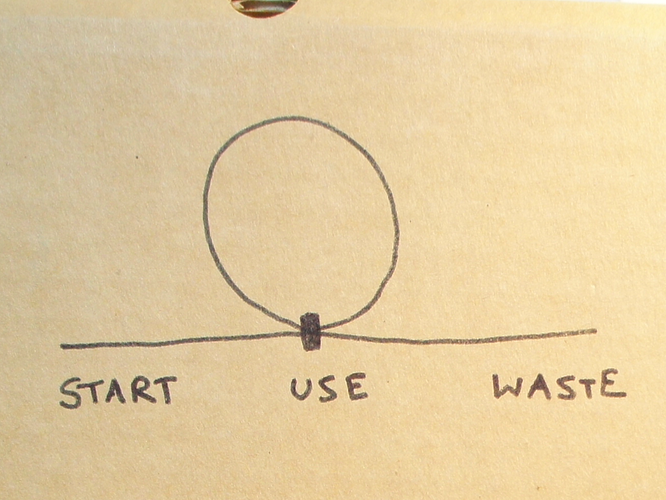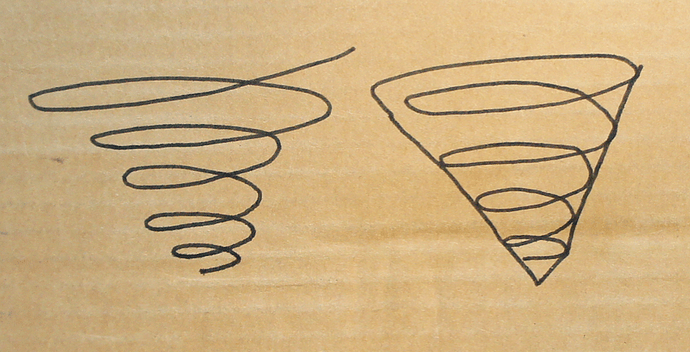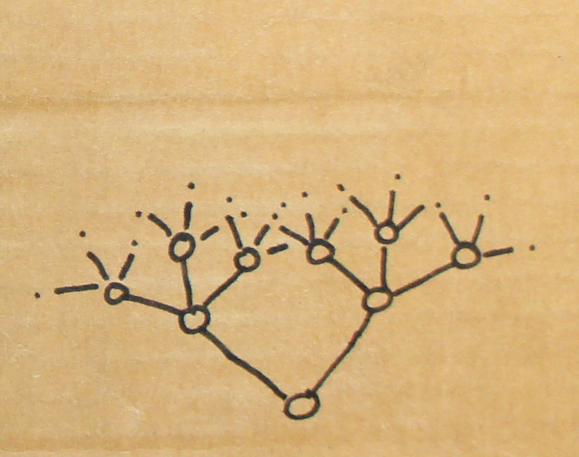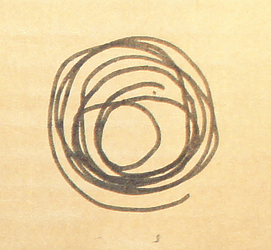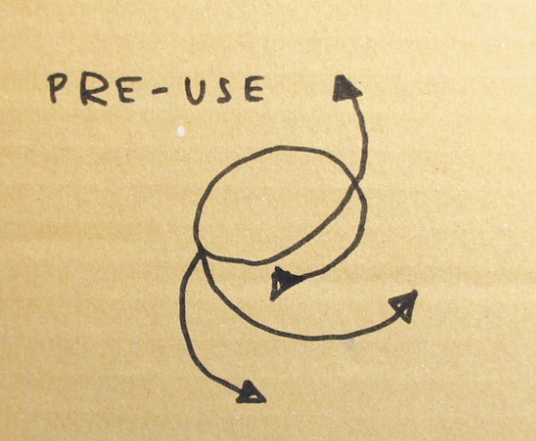Hi, I made a first german translation of Draft 0.2 for the statutes. Helped to make some things shorter.
It is always hard to express complex things short, precise, easy to understand and elegantly at the same time. To german speakers: I am happy about suggestions.
–
Circular Economy im Sinne des Vereins ist ein Ansatz für die Gestaltung von Gütern, Systemen und Zusammenarbeit für eine sozial, ökologisch und ökonomisch wirklich nachhaltige Wirtschaft.
Lineare Abläufe, die mit der Ressourcenextraktion für die Produktion und den Konsum von Gütern beginnen und mit deren abschließenden Entsorgung als Müll enden, werden durch (regenerative) Kreisläufe ersetzt, bei denen alle Endprodukte von Prozessen immer zu fruchtbaren Eingangsstoffen für neue Prozesse werden, und somit nie Müll entsteht.
Die Circular Economy agiert in produktiver und sich wechselseitig bewahrender und fördernder Synergie mit der Biosphäre und zukünftigen Generationen und sieht diese nicht als auszubeutende Ressourcenquelle. Externalisierungen, Überkonsum und Rebound-Effekte werden mit ganzheitlichem Systemdenken und -design vermieden.
Die Circular Economy setzt – da wo es Sinn macht für die Erreichung ihrer Ziele – auf lokale vor globale Abläufe und kurze Feedback-Loops, sowie auf Langlebigkeit, Reparierbarkeit, Kompatibilität, Ausbaufähigkeit und leichte Auseinandernehmbarkeit von Gütern sowie Standardisierung. Eingesetzte Materialien sind entweder durch technisches Recycling vollständig und ohne Qualitätsverlust wiedergewinnbar oder können als biologische Nährstoffe fungieren, entlässt man sie in die Umwelt.
Die Circular Economy bevorzugt faire und freie Umgebungen für Menschen zum Leben und Arbeiten, die ihr Vermögen, an der Erfüllung ihrer Bedürfnisse zu arbeiten und frei, selbstbestimmt und kreativ an der Erfindung, Entwicklung und Aufrechterhaltung einer Circular Economy teilzunehmen, nicht einschränken.
##UPDATE:
For the statutes the version above was too long. So i took some time, to create a shorter one, that still captures somehow most of the long one above.
Circular Economy im Sinne des Vereins bezeichnet einen Ansatz für die Gestaltung von Gütern, Prozessen und Zusammenarbeit zur Erreichung einer wirklich nachhaltigen Wirtschaft. Die Circular Economy arbeitet in wechselseitig bewahrender und fördernder Synergie mit der Biosphäre und zukünftigen Generationen. Wichtigste Eigenschaft hierfür ist die Herstellung und der Betrieb geschlossener Stoffkreisläufe. Alles ist so gestaltet, dass sämtliche Endprodukte eines Prozesses immer als nützliche Eingangsstoffe für andere Prozesse dienen können; Müll gibt es damit nicht mehr. Für die Erreichung ihrer Ziele stärkt die Circular Economy eine Reihe von Techniken und Strategien wie die Bevorzugung einfacher Feedback-Loops und lokaler vor globaler Abläufe, Reparierbarkeit, Anpassbarkeit, Aufwertbarkeit und leichte Auseinandernehmbarkeit von Gütern, Gebrauch und Entwicklung von Standards, Einsatz technisch vollständig recycelbarer oder toxikologisch-unbedenklich bioabbaubarer Materialien, sowie die Unterstützung fairer und freier Lebens- und Arbeitsumgebungen für Menschen.

 literally kinda blah tbd
literally kinda blah tbd